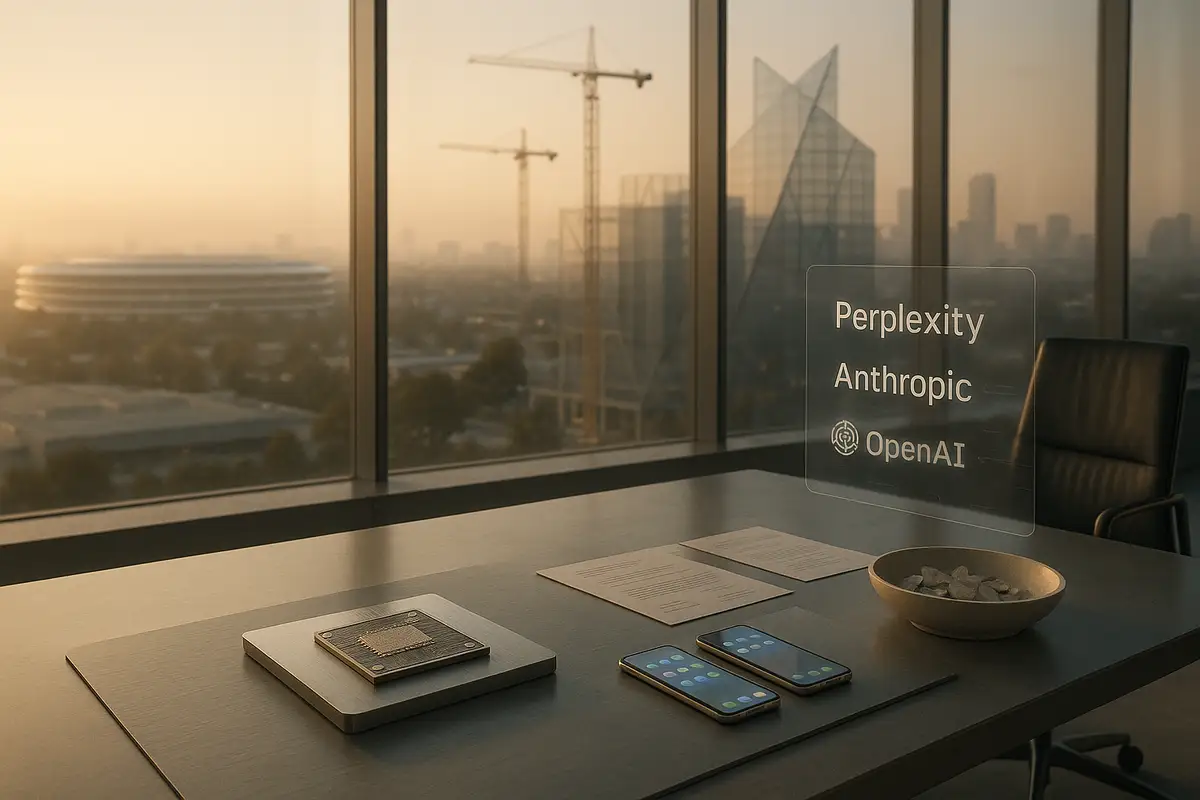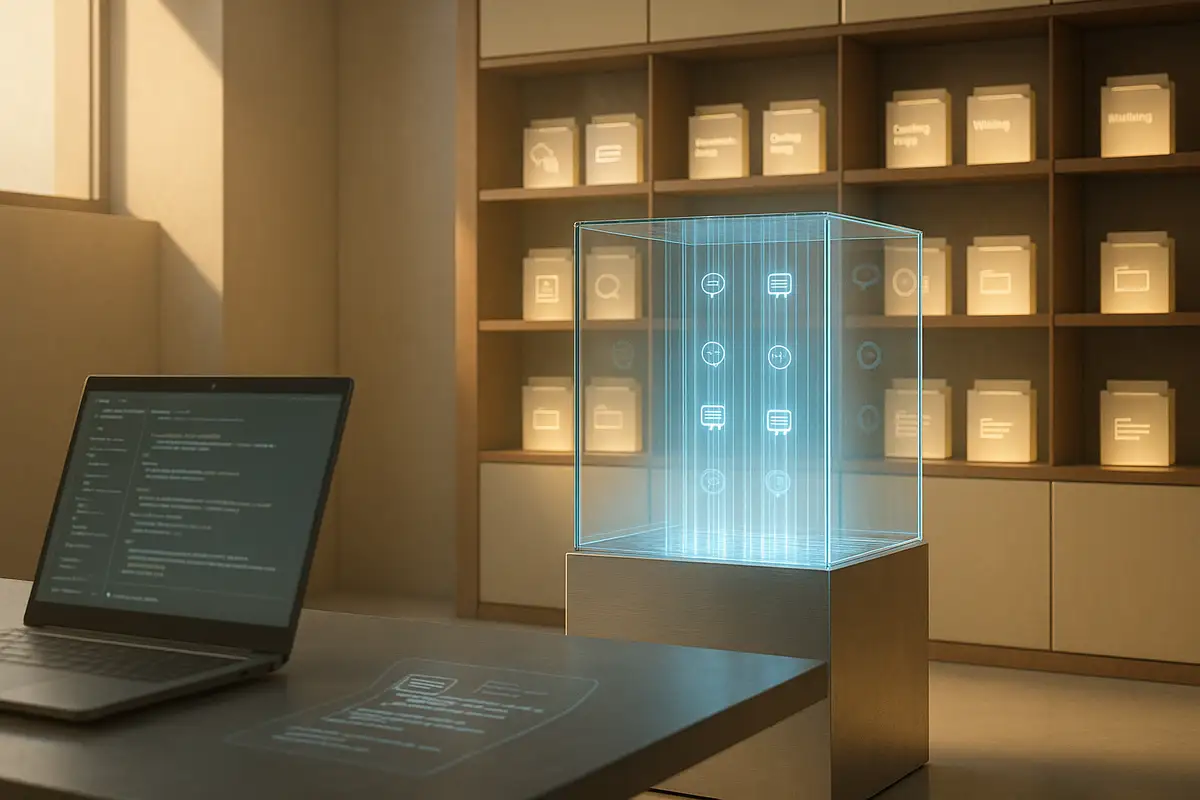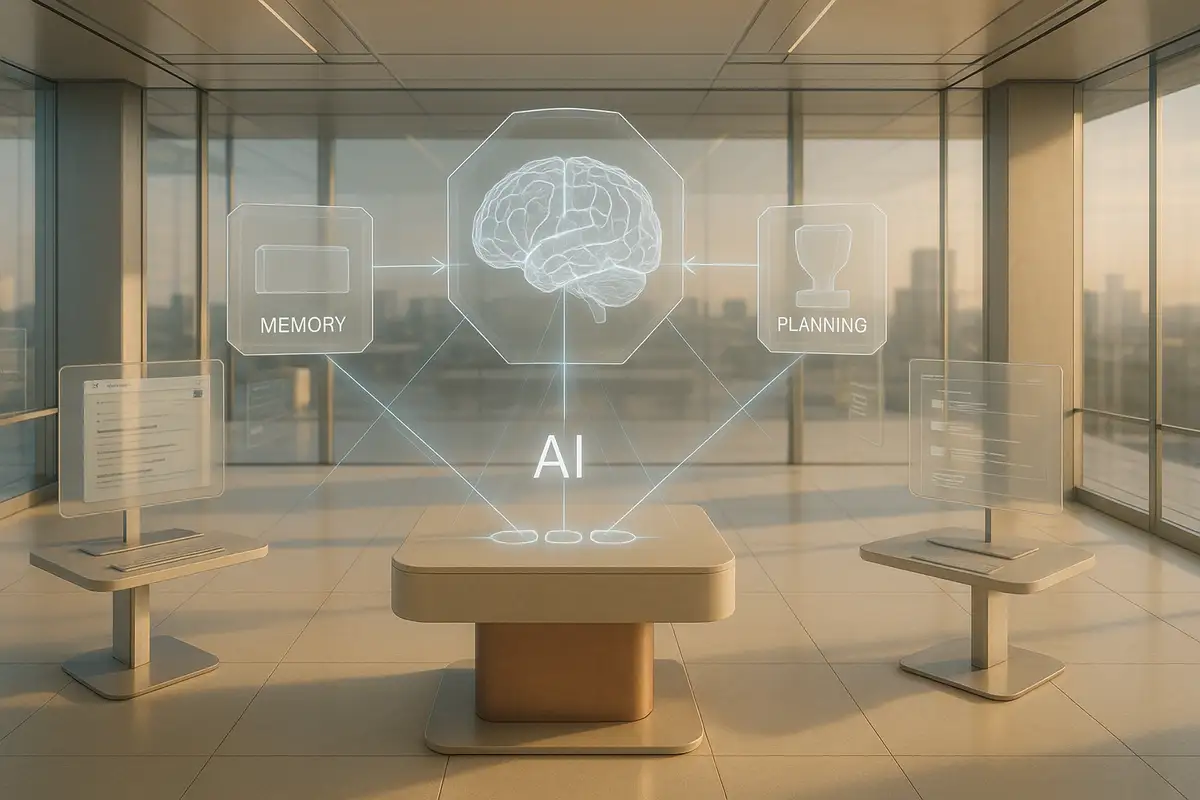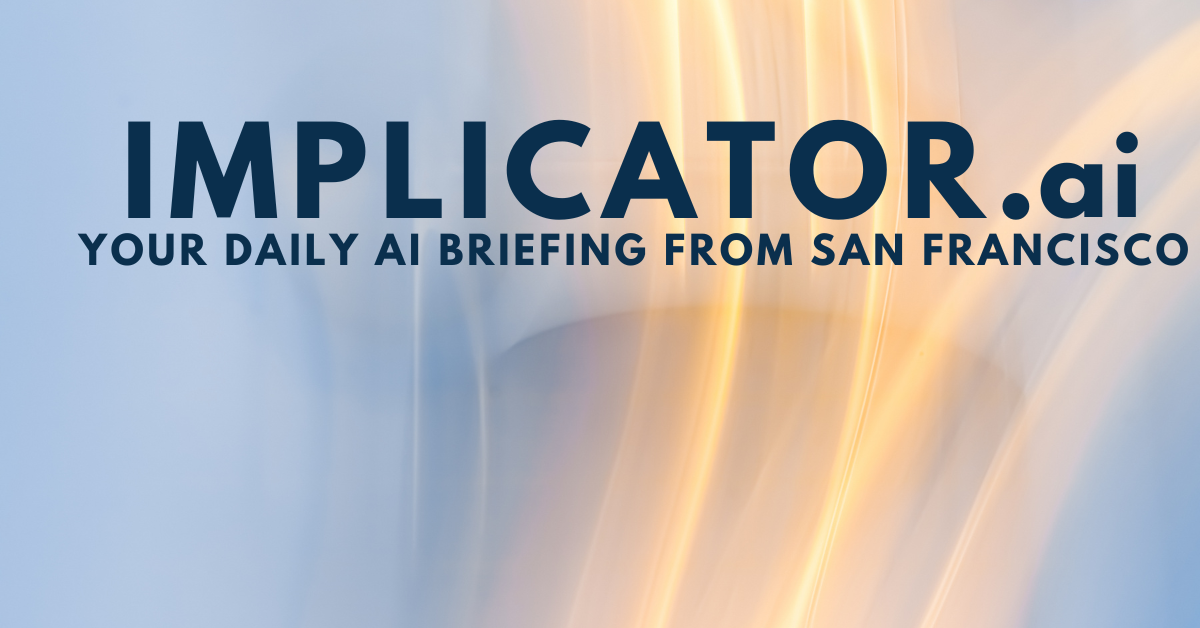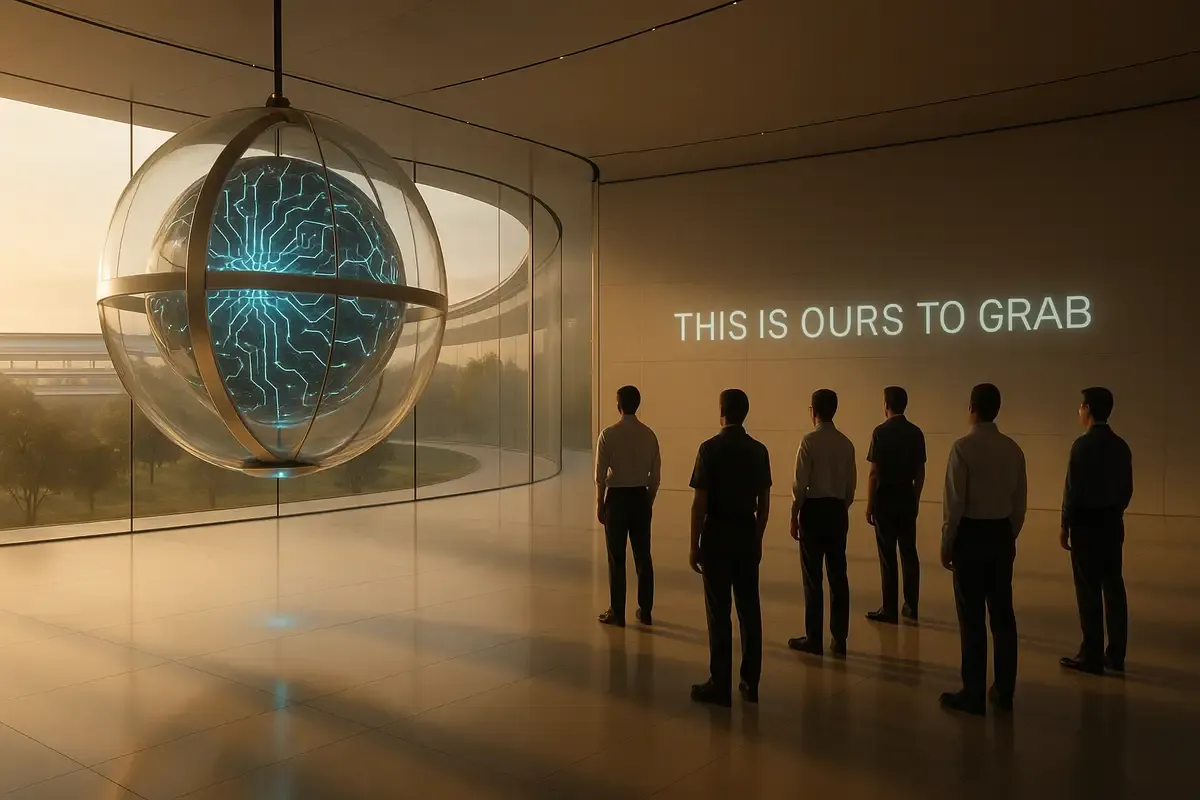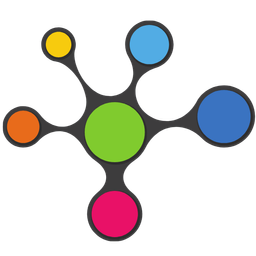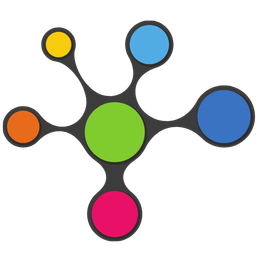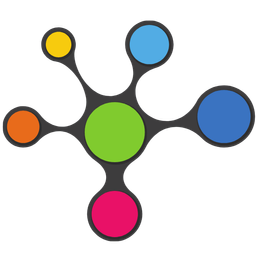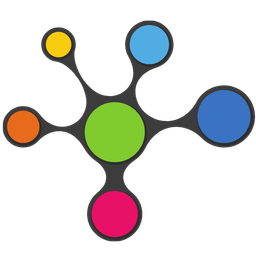Bloomberg's Mark Gurman reports that Apple CEO Tim Cook held a rare all-hands meeting Friday, telling employees the AI revolution is "as big or bigger" than the internet and smartphones. "Apple must do this. Apple will do this. This is sort of ours to grab," Cook told staff at the company's Cupertino auditorium, according to people aware of the meeting.
The pep talk comes as Apple posts its strongest quarter since the pandemic. iPhone revenue jumped 13% to $44.6 billion, crushing expectations by six times. Total revenue hit $94 billion, up nearly 10% year-over-year. Those aren't bad numbers for a company supposedly getting lapped in the AI race.
Cook's timing wasn't accidental. Apple faces growing pressure as competitors flood the market with AI gadgets that promise to make smartphones obsolete. But the CEO struck a defiant tone, arguing Apple's late entry mirrors its historical pattern of perfecting existing concepts rather than pioneering new ones.
The "We're Always Late" Defense
Cook reminded staff that Apple rarely pioneers new categories. PCs existed before Macs. Smartphones came before iPhones. Tablets were around before iPads. Apple just made better versions that people actually wanted. "This is how I feel about AI," he said.
The numbers back up Cook's confidence. Half of recent iPhone buyers came from devices at least four years old. People still want new iPhones, even with all the AI gadget hype. The iPhone 16 already runs Apple Intelligence features on-device, handling text rewriting and image cleanup without cloud handoffs.
Bank of America analyst Wamsi Mohan pressed Cook during earnings about whether AI-first gadgets might eventually make screens obsolete. Cook's response was firm: "It's difficult to see a world where iPhone's not living in it." He sees new AI devices as "complementary" rather than replacement threats.
Massive Internal Restructuring
Behind the confident facade, Apple is scrambling to catch up. Cook revealed the company hired 12,000 workers in the past year, with 40% joining research and development. Apple completed around seven acquisitions this year, though Cook called them "small in nature."
The company is "reallocating a fair number of people to focus on AI features," Cook said, while significantly growing AI investments. Capital expenditure jumped this quarter and will rise again next quarter as Apple builds new infrastructure.
Siri's Complete Rebuild
The most dramatic change involves Siri, which is getting gutted and rebuilt from scratch. Software chief Craig Federighi explained during the meeting that Apple initially tried merging two different systems - one for current commands like setting timers, another based on large language models for generative AI.
"We initially wanted to do a hybrid architecture, but we realized that approach wasn't going to get us to Apple quality," Federighi said. Now Apple is moving to an entirely new architecture for all Siri capabilities, slated for spring 2026.
The project got new leadership when Apple put Vision Pro creator Mike Rockwell and his headset team in charge of Siri. Federighi said Rockwell's group has "supercharged" the company's work, positioning Apple to "deliver a much bigger upgrade than we envisioned."
The Tariff Boost
Part of Apple's strong quarter came from an unexpected source: tariff fears. Many customers replaced older devices ahead of potential import duties, creating a "pull-forward effect" that boosted iPhone and Mac sales. Apple estimates tariffs will cost $1.1 billion this quarter, but the advance buying helped offset some impact.
Apple's supply chain is getting messy. Most iPhones still come from China, but the company has shifted some production to India as tensions between Washington and Beijing heat up. Starting August 1, Indian goods get hit with 25% tariffs too. Experts think India will still be cheaper to manufacture in over time, but it's another headache Apple didn't need.
Product Pipeline and Retail Expansion
Cook couldn't hide his excitement about upcoming releases. "The product pipeline, which I can't talk about: It's amazing, guys. It's amazing," he told employees. "Some of it you'll see soon, some of it will come later, but there's a lot to see."
Bloomberg previously reported Apple plans its first foldable iPhone next year, along with smart home devices, new headsets, smart glasses, and robotics projects. A redesigned iPhone for the two-decade anniversary is also in development.
Retail strategy focuses on emerging markets. Apple is opening stores in India, the UAE, and China this year, with Saudi Arabia planned for next year. Cook said a "disproportionate amount of growth" will come from new markets, though the company won't ignore established regions.
The Acquisition Hunt
Apple stays "very open" to mergers and acquisitions that accelerate its roadmap, Cook said. The company isn't "stuck on a certain size," though recent deals have been modest. Bloomberg reported Apple might target AI firms like Perplexity and Mistral to boost capabilities quickly.
This represents a shift for Apple, which historically preferred internal development. But the AI race's pace has forced more aggressive moves. Cook emphasized Apple must use AI tools faster internally: "To not do so would be to be left behind, and we can't do that."
The company also faces regulatory pressure as "Big Tech is under a lot of scrutiny around the world," Cook noted. Apple must navigate rules that could "destroy the user experience and user privacy and security" while maintaining its competitive edge.
Why this matters:
• Apple's betting its historical playbook - arriving late but defining categories - works in AI, despite evidence this time might be different given the technology's rapid evolution.
• The iPhone's dominance faces its first real existential threat since launch, but Apple's doubling down on making it the AI hub rather than building replacement devices.
❓ Frequently Asked Questions
Q: How rare are these Apple all-hands meetings?
A: Cook often holds town halls when visiting Apple offices worldwide, but companywide meetings from the Steve Jobs Theater at headquarters are unusual. This was specifically timed after earnings to address AI concerns.
Q: What specific AI companies has Apple acquired this year?
A: Apple completed around seven acquisitions in 2025, though Cook called them "small in nature." Bloomberg reports Apple might target AI firms like Perplexity and Mistral, but no specific deals have been confirmed yet.
Q: Why did Apple put the Vision Pro team in charge of Siri?
A: Apple's original hybrid approach for Siri wasn't reaching "Apple quality," according to Craig Federighi. The company moved Vision Pro creator Mike Rockwell and his team to "supercharge" Siri development with entirely new architecture.
Q: When will the new AI-powered Siri actually launch?
A: The completely rebuilt Siri is slated for spring 2026, according to Bloomberg. Apple executives haven't confirmed the timeline beyond saying it will arrive "next year" with much bigger upgrades than originally planned.
Q: How much is Apple spending on its AI push?
A: Apple won't give exact figures but says it's "significantly growing" AI investments. Capital expenditure jumped this quarter and will rise again next quarter. Apple added 12,000 new hires this year. Nearly half joined research and development teams.
Q: What's the impact of Trump's tariffs on Apple?
A: Tariffs will cost Apple $1.1 billion this quarter. However, many customers bought new devices early to avoid price increases, creating a "pull-forward effect" that boosted iPhone and Mac sales beyond expectations.
Q: What's in Apple's "amazing" product pipeline Cook mentioned?
A: Bloomberg reports Apple plans its first foldable iPhone next year, plus smart home devices, new headsets, smart glasses, and robotics projects. Apple is also working on a special iPhone for the 20th anniversary.
Q: What makes Apple's AI strategy different from Google and Microsoft?
A: Apple keeps AI work on your phone instead of sending data to servers. Things like text editing and photo cleanup happen right on the device. For complex queries, it partners with OpenAI's ChatGPT rather than building everything internally.
